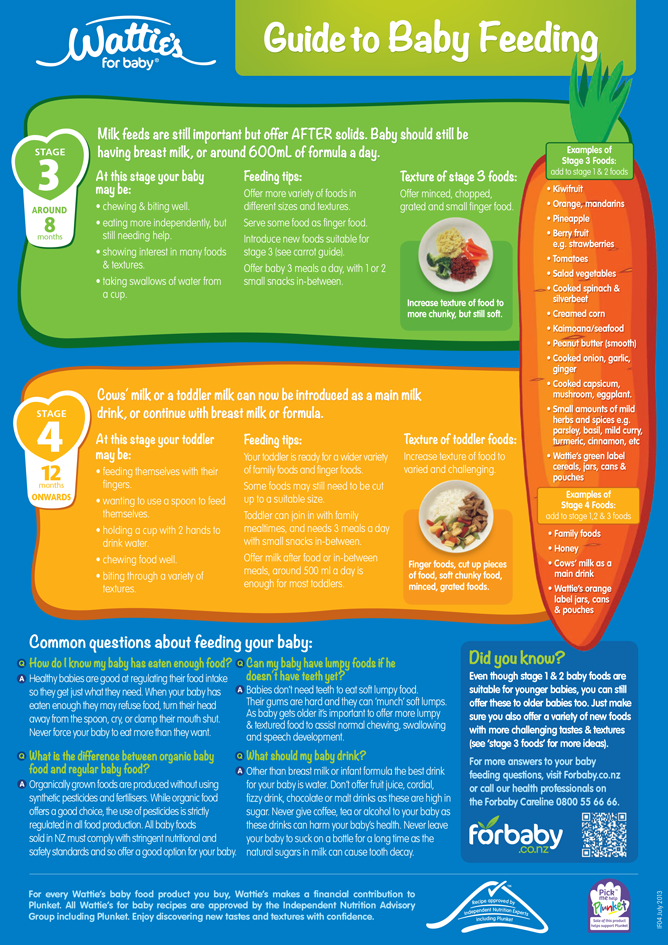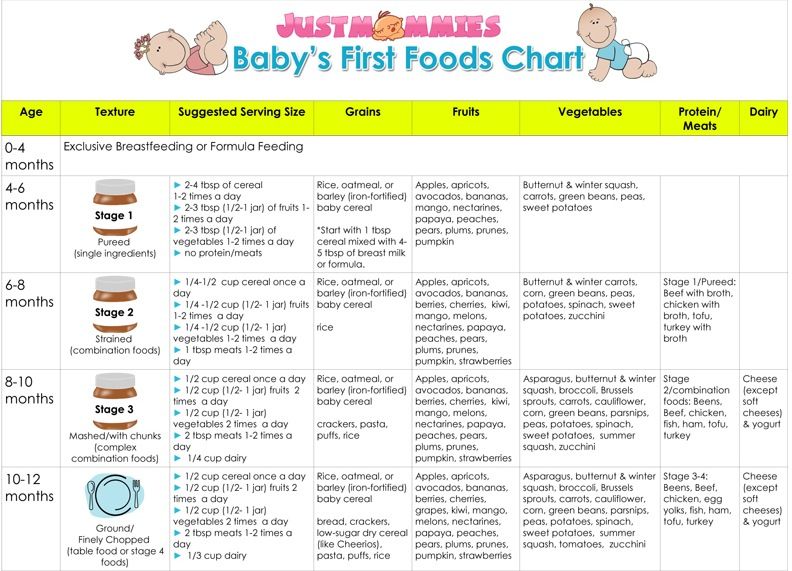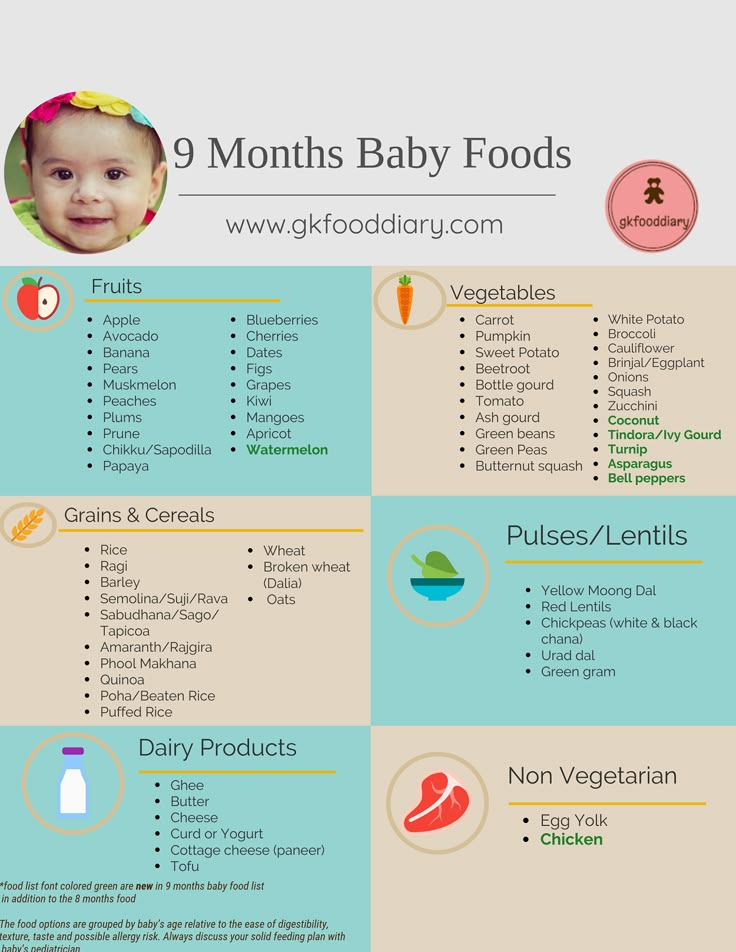Newborn baby not feeding for long
Breastfeeding sleepy and reluctant babies
Go backThere are lots of reasons why your baby may be reluctant to feed. It doesn’t mean you aren’t doing a good job as a mum. Don’t put too much pressure on yourself to know all the answers straight away and speak to your midwife or health visitor if you have any questions or concerns, or are looking for ways to make feeding more comfortable.
How often should my baby feed?
All babies are different, but it's very common for babies not to feed all that much in the first 24-48 hours, and some don't attach at all. However, from day 2-3 days babies should become much more awake and feed in more frequent (but probably irregular) bursts at least 6 times in 24 hours.
How do I know if my baby's getting enough milk?
Photo of a baby breastfeeding
Breastfeeding at first can be really hard to get used to and you might find yourself wondering if your baby has had enough milk - it can be very hard to judge how much breastmilk your baby has had, but they are clever wee things and you have to have some faith that your baby knows whether it needs more milk. There are signs to look out for if you think your baby isn't getting enough milk.
Why are some babies reluctant to feed?
This happens most often when babies don't get skin-to-skin contact with mum soon enough or for long enough after the birth. Ideally, you want skin-to-skin contact with your baby straight away and for as long as it takes for your baby to want to feed. If you don’t have any complications, your midwife will help you get skin-to-skin with your baby quickly after they are born. Some reluctant babies are just too tired, sore, or sedated to feed after birth, and others can't because they are premature, ill or jaundiced.
What if I miss my baby's signs that they're hungry?
New mums sometimes miss or don't understand their baby's feeding signs – our page about learning your baby's cues explains what you should be looking for. Don’t worry if it takes a while to get used to when your baby wants a feed – it's something you are both learning together and it's baby steps for both of you. It's completely understandable to be worried about how much milk your baby is getting if they're not feeding in the early hours and days. It might help to know that babies are born with several days' supply of fluid and stored fat to get them by until they're ready to feed.
It's completely understandable to be worried about how much milk your baby is getting if they're not feeding in the early hours and days. It might help to know that babies are born with several days' supply of fluid and stored fat to get them by until they're ready to feed.
What's the solution?
Your midwife will check in on you to make sure your baby is well and to help you spot the signs that they're ready to feed – remember you can ask your midwife (in the hospital or at home) to help show you how to get in a comfortable position to help get your baby feeding. This video shows just this – very often all it takes is some help with positioning, skin-to-skin contact and a little patience!
Top tips to encourage a reluctant or sleepy baby to breastfeed
Tip #1: Hand expressing to keep your milk supply up
Start hand-expressing your colostrum – this is the first milk you make, and helps protect your baby from illness and infection. You can give this to your baby by syringe, spoon, dropper or cup. Expressing helps to build a good milk supply for when your baby is ready to feed. If this is your first time breastfeeding, it will take some time to get used to expressing your milk. You can find out more about expressing here.
You can give this to your baby by syringe, spoon, dropper or cup. Expressing helps to build a good milk supply for when your baby is ready to feed. If this is your first time breastfeeding, it will take some time to get used to expressing your milk. You can find out more about expressing here.
In the first couple of days you only make small amounts of colostrum so don’t become disheartened if it is difficult or takes time. It will get easier as each day and week goes by.
Tip #2: Try lots of skin-to-skin contact
Aim for lots of skin contact and being close to soothe your baby and give them the opportunity to feed.
Tip #3: Try to find a comfortable feeding position
Biological 'laid back' breastfeeding positions can help encourage babies to feed. Your midwife will be able to show you comfortable ways to feed. You can find out more about feeding positions here.
Tip #4: Get your baby ready for a feed
Massaging your baby's skin, changing their nappy and expressing a little milk for them to taste can help get your baby interested in feeding.
Tip #5: Don’t force your baby to feed
Don’t push your baby by the head or try to force them to feed as this could put them off completely.
Getting to know your baby
Learning your baby's cues
Signs your baby isn't getting enough milk
Refusing the breast
Looking after yourself with a newborn
The Scotland wide donor milk bank
This article was created as part of
Explore this article's topics:
Feeding Breastfeeding Common breastfeeding challenges Expectant Parents Baby (0-1 years)
Last updated: 31 May, 2022
Feeding Your Newborn (for Parents)
How you feed your newborn is the first nutrition decision you make for your child. These guidelines on breastfeeding and bottle feeding can help you know what's right for you and your baby.
These guidelines on breastfeeding and bottle feeding can help you know what's right for you and your baby.
Breast or Bottle?
The American Academy of Pediatrics (AAP) recommends that babies be breastfed exclusively for about the first 6 months. After they start on solid foods, babies should breastfeed through the first year of life and even beyond, if desired.
But breastfeeding isn't possible or preferable for all new moms. Deciding to breastfeed or bottle feed a baby is usually based on the mother's comfort level with breastfeeding and her lifestyle. In some cases, breastfeeding may not be recommended for a mom and her baby. If you have any questions about whether to breastfeed or formula feed, talk to your pediatrician.
Remember, your baby's nutritional and emotional needs will be met whether you choose to breastfeed or formula feed.
Benefits of Breastfeeding
Breastfeeding your newborn has many benefits. Perhaps most important, breast milk is the perfect food for a baby's digestive system. It has the nutrients that a newborn needs, and it’s easily digested. Commercial formulas try to imitate breast milk, and come close, but can't match it exactly.
It has the nutrients that a newborn needs, and it’s easily digested. Commercial formulas try to imitate breast milk, and come close, but can't match it exactly.
Breast milk has
antibodiesthat help protect babies from many infections, including diarrhea and ear and lung infections. Breastfed babies are less likely to develop medical problems such as diabetes, high cholesterol, asthma, and allergies. Breastfeeding also might make a child less likely to become overweight.
Breastfeeding is great for moms too. It burns calories, so can help nursing moms lose the weight gained during pregnancy. Breastfeeding also may offer protection from breast cancer and ovarian cancer.
Some moms find breastfeeding easier and quicker than formula feeding — it needs no preparation, and you don't run out of breast milk in the middle of the night. Also, breastfeeding costs little. Nursing mothers do need to eat more and may want to buy nursing bras and pads, a breast pump, or other equipment.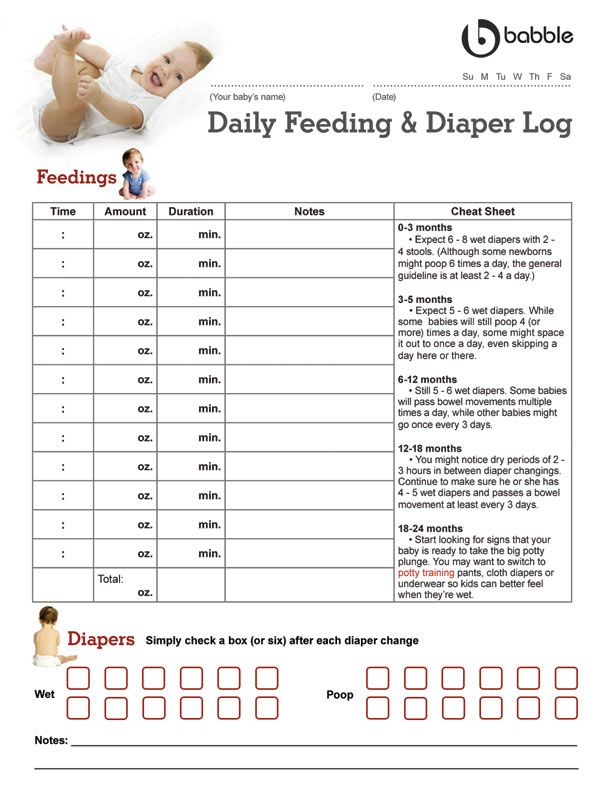 But these expenses are generally less than the cost of formula.
But these expenses are generally less than the cost of formula.
Breastfeeding meets a variety of emotional needs for both moms and babies. The skin-to-skin contact can enhance the emotional connection, and providing complete nourishment can help new moms feel confident in their ability to care for their newborn.
Limitations of Breastfeeding
With all the good things known about breastfeeding, why doesn't every mother choose to breastfeed?
Breastfeeding requires a big commitment from a mother. Some new moms feel tied down by the demands of a nursing newborn. Because breast milk is easily digested, breastfed babies tend to eat more often than babies who are fed formula. This means moms can be in demand as often as every 2 or 3 hours in the first few weeks. This can be tiring, but it's not long before babies feed less often and sleep longer at night.
Some new mothers need to get back to work outside the home or separate from their babies from time to time for other reasons.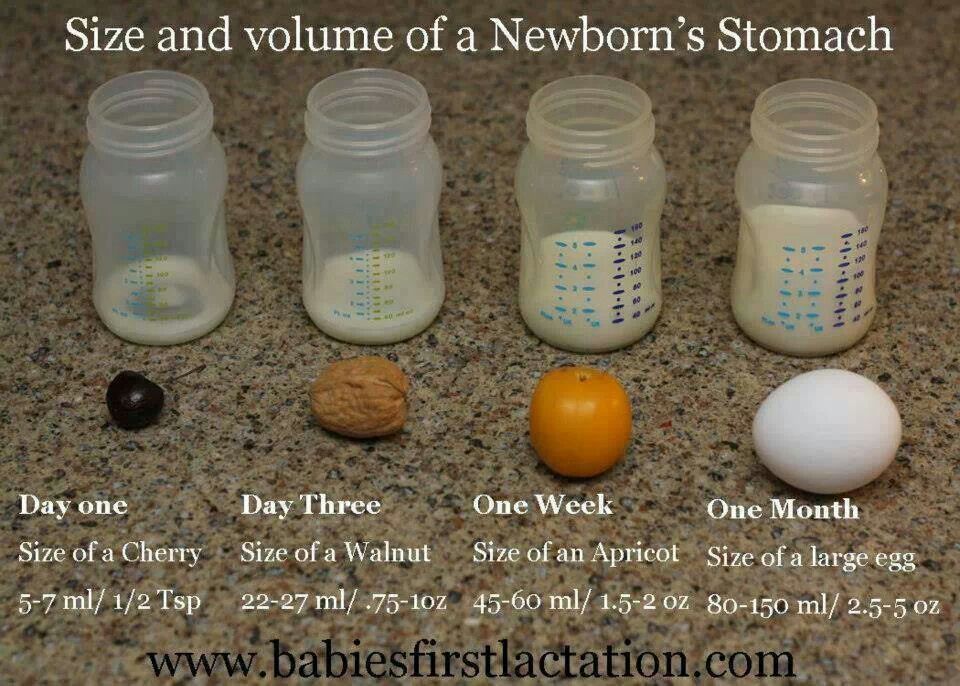 Some opt for formula feeding so other caregivers can give the baby a bottle. Mothers who want to continue breastfeeding can use a breast pump to collect breast milk to be given in a bottle, so their babies still get its benefits even when mom isn't there to breastfeed.
Some opt for formula feeding so other caregivers can give the baby a bottle. Mothers who want to continue breastfeeding can use a breast pump to collect breast milk to be given in a bottle, so their babies still get its benefits even when mom isn't there to breastfeed.
Fathers and other family members may want to share in feeding the baby. When mom is breastfeeding, dad or siblings may want to stay close by. Helping mom get comfortable, or providing a burp cloth when needed, will let them be part of the experience.
When breastfeeding is going well, other family members can help by giving the baby pumped breast milk in a bottle when mom needs a break.
Some moms may feel embarrassed or worried about breastfeeding. These feelings usually end after a successful breastfeeding process is set. It can help to get advice from those who've gone through the experience. Most hospitals and birthing centers offer in-depth instruction on breastfeeding to new moms. Your pediatrician, nurse practitioner, or nurse can answer questions or put you in touch with a lactation consultant or a breastfeeding support group.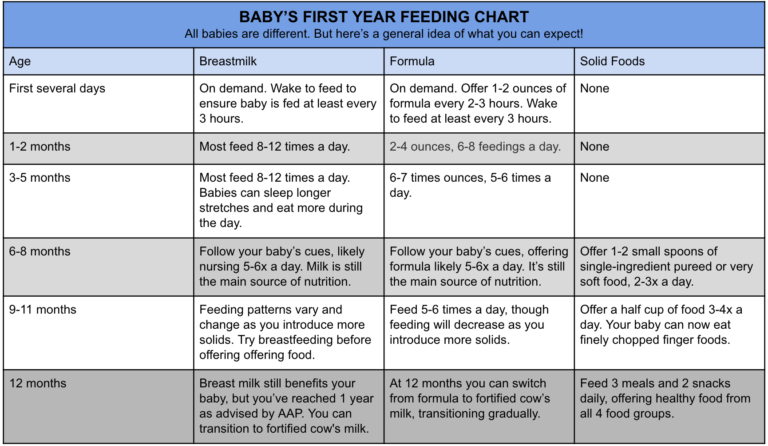
In some cases, a mother's health may affect her ability to breastfeed. Moms getting chemotherapy for cancer and those who have HIV should not breastfeed, for example.
If you have a medical condition or take any medicines regularly, talk with your doctor about whether it's OK to breastfeed. If you have to stop nursing temporarily, continue to pump breast milk to maintain milk production. If you or your baby are sick, continue to breastfeed if you can. Talk to the doctor if you have any concerns.
In some situations, it may not possible to breastfeed, such as when a baby is very sick or born early. Mothers should talk with their baby's doctor about expressing and storing milk. Often, a baby who can't breastfeed can get breast milk through a feeding tube or bottle.
Some moms who have inverted nipples may have trouble breastfeeding, but a lactation consultant usually can help them overcome this. Likewise, women who have had plastic surgery on their breasts should be able to successfully breastfeed. Talk with your doctor if you have any concerns.
Talk with your doctor if you have any concerns.
Hold off on pacifiers or bottles until your baby has gotten used to and is good at breastfeeding. Lactation professionals recommend waiting until a baby is about 3–4 weeks old before offering artificial nipples of any kind (including pacifiers).
Benefits of Formula Feeding
Commercially prepared infant formula is a nutritious alternative to breast milk. Bottle feeding can offer more freedom and flexibility for moms, and make it easier to know how much the baby is getting.
Because babies digest formula more slowly than breast milk, a baby who is getting formula may need fewer feedings than one who breastfeeds. Formula feeding also can make it easier to feed the baby in public, and lets the father and other family members help feed the baby, which can enhance bonding.
Limitations of Formula Feeding
Just as breastfeeding has its unique demands, so does bottle feeding. Bottle feeding takes organization and preparation, especially if you want to take your baby out.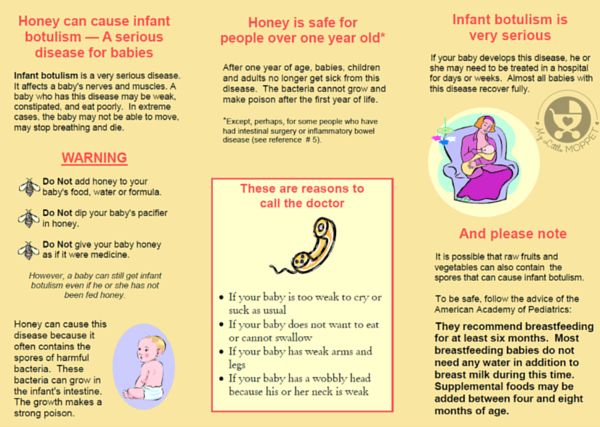 Store-bought formula can be pretty expensive, but do not try to make your own formula at home.
Store-bought formula can be pretty expensive, but do not try to make your own formula at home.
It's important to make sure that you have enough formula on hand, and bottles that are clean and ready to be used.
Here are a few guidelines for formula feeding:
- Carefully follow directions on the label when preparing formula. Do not add more water than directed.
- Bottles left out of the refrigerator longer than 1 hour and any formula left in the bottle that a baby doesn't finish should be discarded.
- Prepared bottles of formula can be stored in the refrigerator up to 24 hours and carefully warmed just before feeding. You don't have to warm formula, but most babies prefer it.
- A bottle of formula can be warmed by holding it in running warm water or setting it in a pan of warm water. A bottle of formula (or breast milk) should never be warmed in a microwave. The bottle can heat unevenly and leave "hot spots" that can burn a baby's mouth.
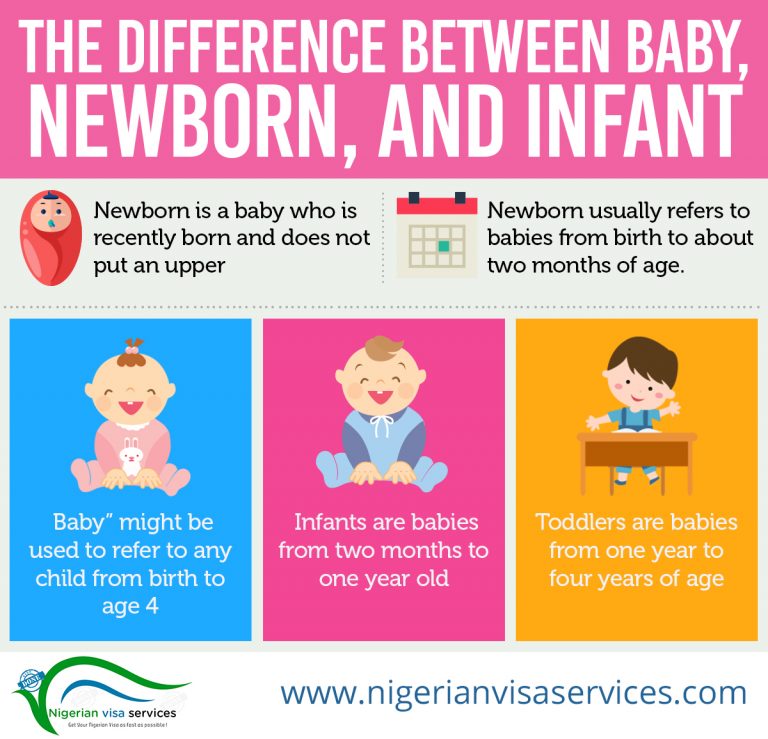
How Often Do Newborns Eat?
Your newborn will nurse about 8 to 12 times per day during the first weeks of life. In the beginning, mothers may want to try nursing 10–15 minutes on each breast, then adjust the time as needed.
Breastfeeding should be on demand (when your baby is hungry), which is generally every 1–3 hours. As newborns get older, they'll nurse less often and have longer stretches between feedings. Newborn babies who are getting formula will likely take about 2–3 ounces every 2–4 hours. Newborns should not go more than about 4–5 hours without feeding.
Signs that babies are hungry include:
- moving their heads from side to side
- opening their mouths
- sticking out their tongues
- placing their hands and fists to their mouths
- puckering their lips as if to suck
- nuzzling against their mothers' breasts
- crying
A feeding schedule is not necessary — you and your baby will get into a routine.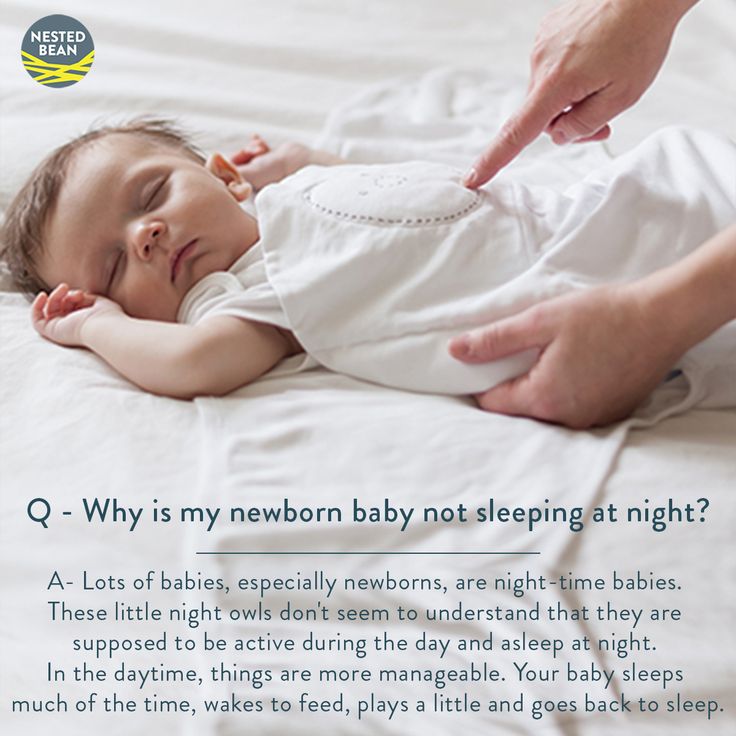 Babies know (and will let their parents know) when they're hungry and when they've had enough. Watch for signs that your baby is full (slowing down, spitting out the bottle or unlatching from breast, closing the mouth, turning away from the breast or bottle) and stop the feeding when these signs appear.
Babies know (and will let their parents know) when they're hungry and when they've had enough. Watch for signs that your baby is full (slowing down, spitting out the bottle or unlatching from breast, closing the mouth, turning away from the breast or bottle) and stop the feeding when these signs appear.
As babies grow, they begin to eat more at each feeding and can go longer between feedings. There may be other times when your infant seems hungrier than usual. Continue to nurse or feed on demand. Nursing mothers need not worry — breastfeeding stimulates milk production, and your supply of breast milk will adjust to your baby's demand for it.
Is My Newborn Getting Enough to Eat?
New parents often worry about whether their babies are getting enough to eat.
Babies are getting enough to eat if they:
- seem satisfied
- have about 6–8 wet diapers a day
- have regular bowel movements (poops)
- sleep well
- are alert when awake
- are gaining weight
A baby who is fussing, crying, seems hungry, does not appear satisfied after feeding, and has fewer wet diapers may not be getting enough to eat. If you're concerned that your baby isn't getting enough to eat, call your doctor.
If you're concerned that your baby isn't getting enough to eat, call your doctor.
Most infants "spit up" a small amount after eating or during burping, but a baby should not vomit after feeding. Vomiting after every feeding might be a sign of an allergy, digestive problem, or other problem that needs medical care. If you have concerns that your baby is spitting up too much, call your doctor.
Should Newborns Get Nutritional Supplements?
Breast milk has the right combination of vitamins and easily absorbed iron for newborns. A healthy infant being nursed by a healthy mother doesn't need extra vitamins or nutritional supplements, with the exception of vitamin D. Breastfed babies should begin vitamin D supplements within the first few days of life, continuing until they get enough vitamin D-fortified formula or milk (after 1 year of age).
Breastfeeding mothers who follow vegetarian diets that do not include animal products need vitamin B12 supplements.
Iron-fortified formula has the right blend of vitamins and minerals for a baby, so supplements usually aren't needed.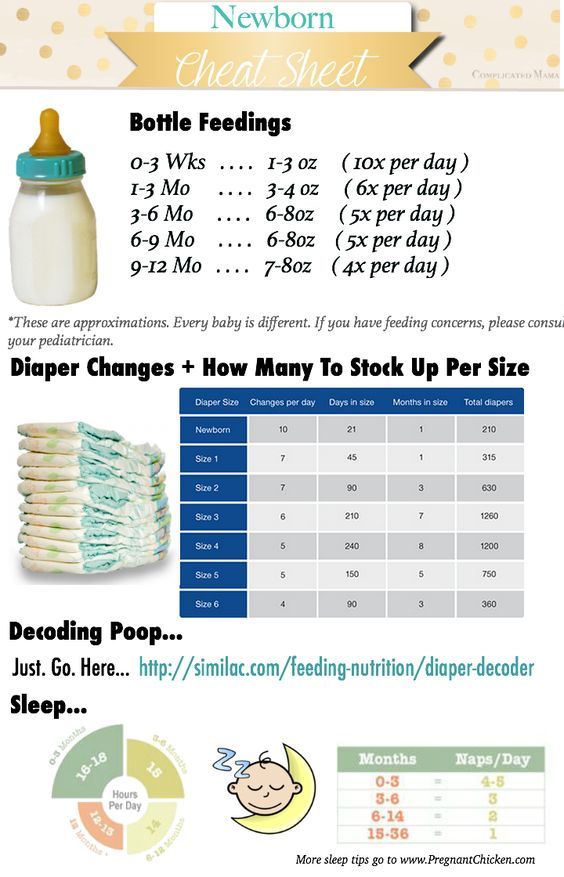 Infants drinking less than 1 liter, or about a quart, of formula a day may need a vitamin D supplement.
Infants drinking less than 1 liter, or about a quart, of formula a day may need a vitamin D supplement.
Water, juice, and other foods usually aren't necessary during a baby's first 6 months. Breast milk and formula provide everything babies need nutritionally until they start eating solid foods. Talk to your doctor if you have any questions about feeding your newborn.
Reviewed by: Mary L. Gavin, MD
Date reviewed: February 2021
Poor appetite in a newborn
Newborns and infants almost immediately after birth acquire a sucking reflex and, accordingly, feeling hungry, require it to be satisfied. Mother's breast milk is the most useful and necessary food for the growth and development of the baby. Therefore, if a baby suddenly loses appetite, does not gain weight, refuses to breast or a bottle, there are a number of reasons for this, which you need to figure out and understand what is wrong. If the refusal of food occurred once, there is no need to sound the alarm.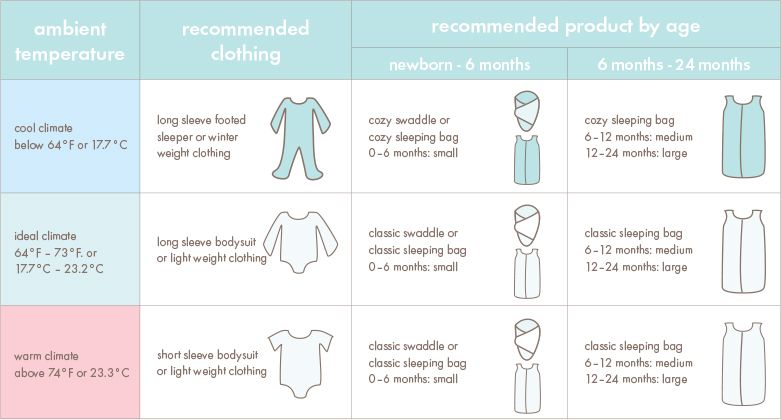 But in the case of a regular repetition of the situation, it is better to turn to pediatrician who can help a little person and mother to improve nutrition.
But in the case of a regular repetition of the situation, it is better to turn to pediatrician who can help a little person and mother to improve nutrition.
So, what are the causes of poor appetite in a newborn? Why is he not gaining weight and with crying he throws his mother's breast or a bottle?
- Special structure of the mother's nipple. Because of the inverted or flat nipple, feeding is difficult for the baby, he needs to make a lot of effort to get milk. If the baby does not eat for this very reason, then his smacking of his lips, anxiety and crying as soon as he is at the mother's breast will be indicative. In such a situation, the mother will have to express milk or feed in a certain position that is comfortable for the baby so that the baby can get enough milk.
- Intestinal colic . Such cramping pains in the tummy most often occur in the first weeks after birth, when the not yet fully formed gastrointestinal tract can not cope with the incoming milk or formula.
 As a result, the child suffers from increased gas formation, and his appetite is sharply reduced. If the baby twists his legs during feeding, pulls them up to his stomach, starts crying abruptly and interrupts feeding, most likely it is colic.
As a result, the child suffers from increased gas formation, and his appetite is sharply reduced. If the baby twists his legs during feeding, pulls them up to his stomach, starts crying abruptly and interrupts feeding, most likely it is colic. - Dysbacteriosis. Does the baby spit up often, he develops skin rashes , does he gain weight poorly and eats very little for feeding? Most likely, this is a dysbacteriosis that causes a loss of the baby's appetite. Probiotics and a diet for the mother, prescribed by a pediatric specialist, will help in this case and normalize the process in the child's gastrointestinal tract.
- Lactase deficiency. Lactose intolerance, which is contained in milk, may cause a newborn to refuse food. No need to be upset if the child does not eat due to the lack of the necessary enzyme in the body. Lactase deficiency is treated, and this is not at all a reason to wean a child from the breast.
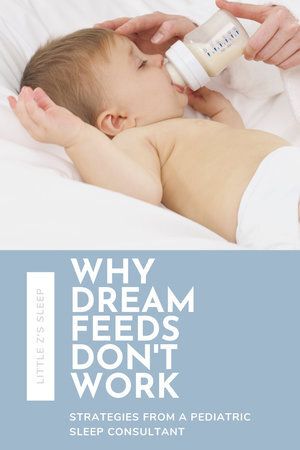 A good pediatrician will prescribe treatment for the baby and help to cope with such difficulties.
A good pediatrician will prescribe treatment for the baby and help to cope with such difficulties. - Runny nose . If the baby has a stuffy nose, most likely he does not eat well or refuses to eat at all. Eliminating congestion of the respiratory tract, you normalize the process of feeding.
- Thrush and/or inflammation in the mouth is a common ailment in infants. Small white sores, plaque and redness of the mucosa indicate an inflammatory process in the oral cavity that prevents the baby from receiving milk normally.
- Teething . If the baby's first teeth began to cut, then this painful and unpleasant moment can greatly affect the child's appetite.
- Taste of mother's milk . If a nursing mother ate some kind of spicy or strong-smelling product, then this immediately affects the taste of milk. Garlic, various spices can change the taste of food familiar to the child and lead to loss of appetite in the baby.
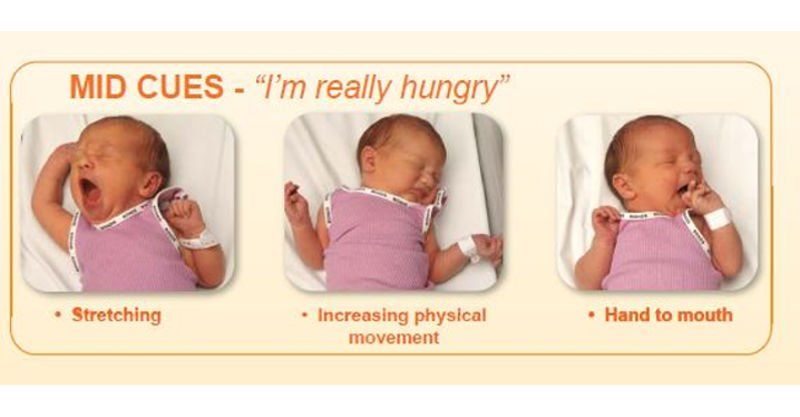
- Lactational mastitis in a nursing mother. Inflammation of the mammary gland, pain and induration, fever can be symptoms of this disease. The child in this case loses its appetite and refuses to breastfeed. At the first symptoms of mastitis, the mother should definitely consult a doctor.
- Hypothyroidism in newborns. Reduced thyroid function in infants leads to mental and physical retardation, as well as loss of appetite. Pediatric endocrinologist will be able to determine the presence or absence of this disease in the baby.
- Otitis. If the baby starts to eat, and immediately throws a bottle or breast with crying, raises his hands to his ears, turns his head - this may indicate inflammation in the ears, in which it is painful for the child to swallow. Otitis media must be treated in pediatric ENT doctor .
It is rather difficult to spontaneously get an appointment with a pediatric specialist in St.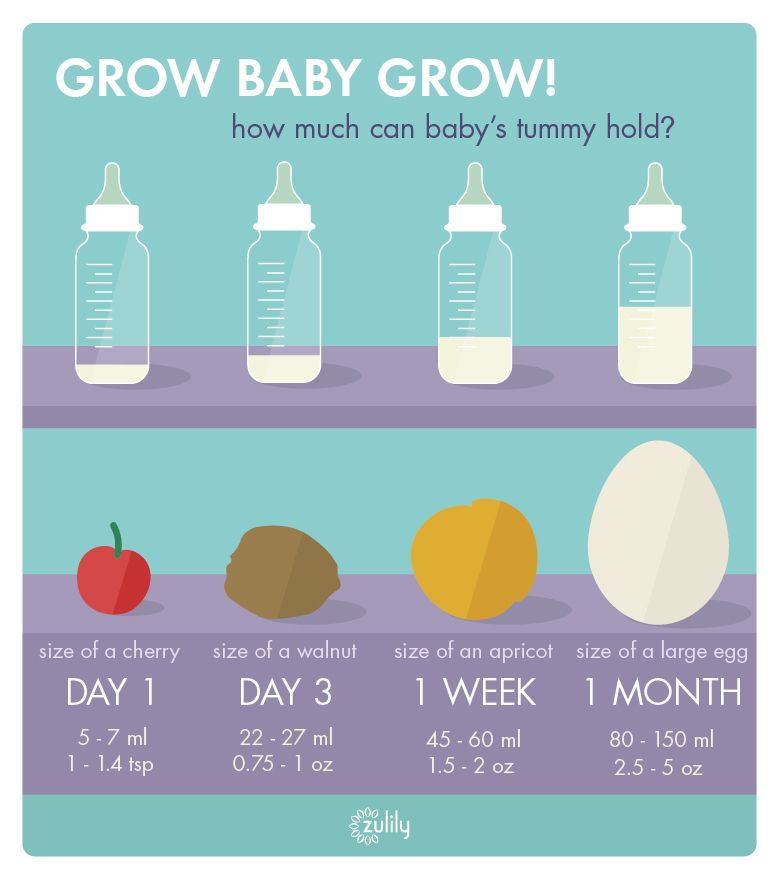 Petersburg. If you urgently need to show your baby to a doctor, you can make an appointment with a pediatrician at the Medicenter Medical Center, where in a calm and friendly atmosphere the baby will be carefully examined and the mother will be asked in detail by a sensitive pediatric specialist with many years of experience working with children. If necessary, he can send the baby for additional examinations, tests and cultures, which can also be taken at our center or call the children's specialists of our center at home.
Petersburg. If you urgently need to show your baby to a doctor, you can make an appointment with a pediatrician at the Medicenter Medical Center, where in a calm and friendly atmosphere the baby will be carefully examined and the mother will be asked in detail by a sensitive pediatric specialist with many years of experience working with children. If necessary, he can send the baby for additional examinations, tests and cultures, which can also be taken at our center or call the children's specialists of our center at home.
Structural subdivision
Polikarpova
Alley Polikarpova 6k2
Primorsky district
- Pioneer
- Specific
- Komendantskiy
Structural subdivision
Zhukov
Prospekt Marshala Zhukov 28k2
Kirovsky district
- Avtovo
- Veterans Avenue
- Leninsky Prospekt
Structural subdivision
Devyatkino
Okhtinskaya alley 18
Vsevolozhsk district
- Devyatkino
- Civil Avenue
- Academic
You can get detailed information and make an appointment by calling +7 (812) 640-55-25
Make an appointment
Newborn sleeps a lot and eats little - Newborn sleeps a lot and eats a lot
Almost every woman at the stage of pregnancy imagines how her life will change, what her baby will be like and how their joint days will be organized.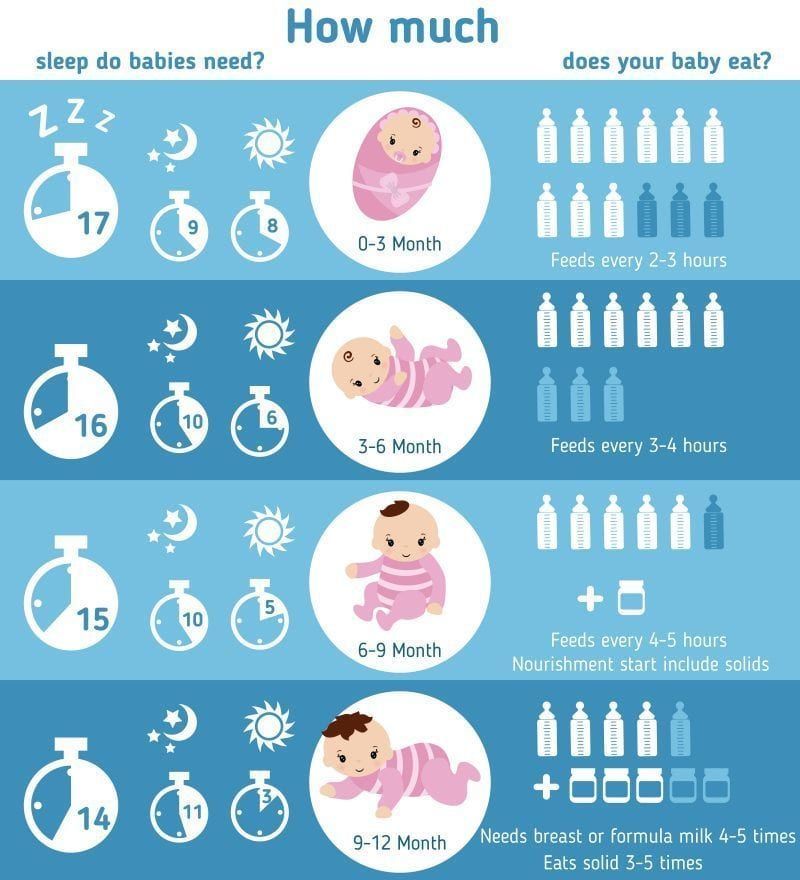
And conceived, the expectant mother builds in her imagination a certain “ideal” picture, supported by images of the media and commercials - a constantly smiling or sweetly sleeping baby.
Undoubtedly, the little ones sleep really sweetly and smile with the most sincere smile. But this is not always the case.
THE FIRST MONTH OF LIFE - DONATION
The first month, and even the first three months of a child's life is called the period of "carrying out" - the stage of adaptation of the baby to the outside world, as well as the young mother getting used to new living conditions, to her new role, to the changed rules of life associated with the birth of a baby.
Many young mothers prepared for the birth of a baby already know a lot thanks to the availability of information about the psychophysiology of the newborn.
And, of course, when a mother has information about how much sleep a small child should have, she somehow expects this from her baby too.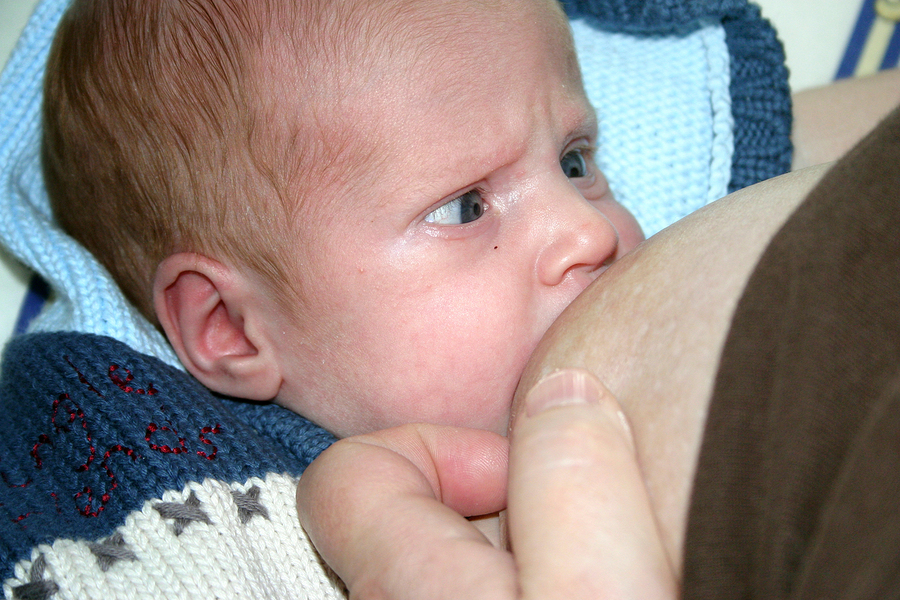
Let us remind you that a healthy full-term baby of the first year of life sleeps about 15-18 hours a day. Of these, 8-10 occur at night and 6-9 during the day. In fact, a newborn baby sleeps a lot of the time - most of the day.
The period of wakefulness in a baby from birth is quite short - 20 minutes, increasing by the end of the first month of life to 45 minutes (maximum - up to an hour).
Most of the time a child is awake, especially during the first weeks of life, spends with his mother in the process of feeding - when he does not sleep, he eats.
Breastfed babies need to be fed every 1.5 hours during the day (maximum 3) and every 3 hours at night (maximum 5). Such time intervals are due to the small volume of the newborn's stomach and the rapid digestibility of breast milk, the child needs to eat often.
Lack of food for more than 3 hours during the day and more than 5 hours at night is dangerous and fraught with dehydration of the child, and besides, if a small child sleeps without waking up for so long, this is an occasion to more closely monitor his condition and tell the pediatrician about it.

All this information is in the public domain, and after reading it, young mothers experience a whole range of feelings - from surprise to fear and confusion at the slightest deviation from the "norm" if her baby does not fit into them, for example, he is awake a lot and eat a lot or, conversely, eat little.
WHAT IT MEANS "LESS SLEEPING"
Let's take a closer look, because often the concepts of "little" and "constantly" are quite subjective criteria.
- It is important to know that the baby on the breast can sleep while sucking - in this case the baby can sleep, although the mother may identify this period as being awake.
- Hour count. In this case, it is better not to focus on subjective feelings. It often seems to tired and sleep-deprived parents that “the child did not sleep at all,” although if you count the hours objectively, you can find out that this is not the case.
 To calculate sleep time, you can use programs for smartphones, for example, Baby Tracker or any other adapted for these tasks. Recording the baby's sleep hours will help the mother know for sure how many hours he sleeps.
To calculate sleep time, you can use programs for smartphones, for example, Baby Tracker or any other adapted for these tasks. Recording the baby's sleep hours will help the mother know for sure how many hours he sleeps.
VIDEO LESSON
Baby sleep from 0 to 3 months
More
HOW TO KNOW HOW MY BABY EATS MUCH?
A bit of theory about the physiology of breastfeeding. In the first three months of life, lactation is established in a breastfeeding mother. Milk comes on the 3rd-5th day of a baby's life. During this period, the colostrum that the baby ate immediately after birth changes its composition and becomes early (transitional) milk. During this period, the arrival of milk is still completely controlled by physiology - the endocrine system of the woman's body, it will remain even if the mother does not feed. And it is this period that is extremely important for establishing lactation - it is very important to put the baby to the breast as often as possible so that he eats, and that, thanks to sucking, receptors sensitive to prolactin are established in the mammary gland.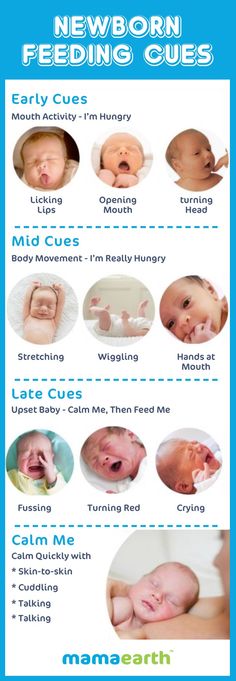 On the second or third week (6-13 days after birth), milk becomes late transitional and only by 14-23 days - mature. Thus, lactation gradually shifts from endocrine control to autocrine control (controlled by the frequency of suckling). This means that the more the baby will breastfeed and eat, the more milk he will receive and vice versa - the less often he eats, the greater the likelihood of lactostasis and a decrease in milk in the breast.
On the second or third week (6-13 days after birth), milk becomes late transitional and only by 14-23 days - mature. Thus, lactation gradually shifts from endocrine control to autocrine control (controlled by the frequency of suckling). This means that the more the baby will breastfeed and eat, the more milk he will receive and vice versa - the less often he eats, the greater the likelihood of lactostasis and a decrease in milk in the breast.
Thus, the baby, by frequent sucking, stimulates the mammary gland to produce milk - this is the most important process that is absolutely normal and correct from the point of view of the physiology of the postpartum period of both the mother and the newborn.
WHAT SHOULD I DO IF THE BABY IS ABOVE THE RATE?
What to do if, using observations and time-counting programs, it turns out that the baby is awake more than normal and does not stop breastfeeding.
First of all, it is important to consult with the attending pediatrician and possibly a neurologist to make sure that the baby does not have neurological and physiological health problems.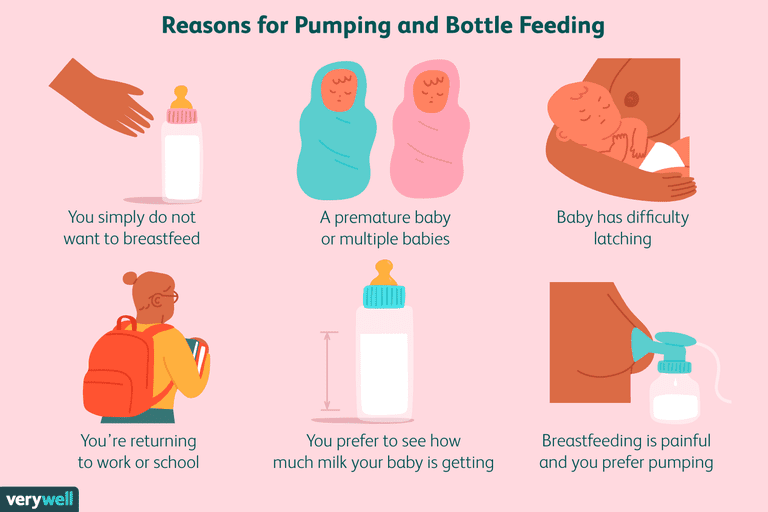
Many children sleep restlessly and stay awake more than the norm if they had some difficulties during childbirth (entanglement, hypoxia), separation from their mother in the postpartum period, and so on. In this case, they especially need constant contact with their mother in order to sleep peacefully.
It is also important to make sure that the sleeping conditions are organized correctly - the room for sleeping is sufficiently ventilated, not hot (no more than 22 degrees), sufficiently humid (50-60%), the baby does not overheat during sleep (comfortable pajamas for the season, no cap ).
HOW CAN YOU HELP YOUR CHILD?
- Recreating the conditions of the uterus - tightness (sleep in a cradle, in a sleeping bag or in a sling), darkness, motion sickness.
- Feeding on demand. At this age, the baby can be fed as often as desired, without adhering to the feeding regimen.
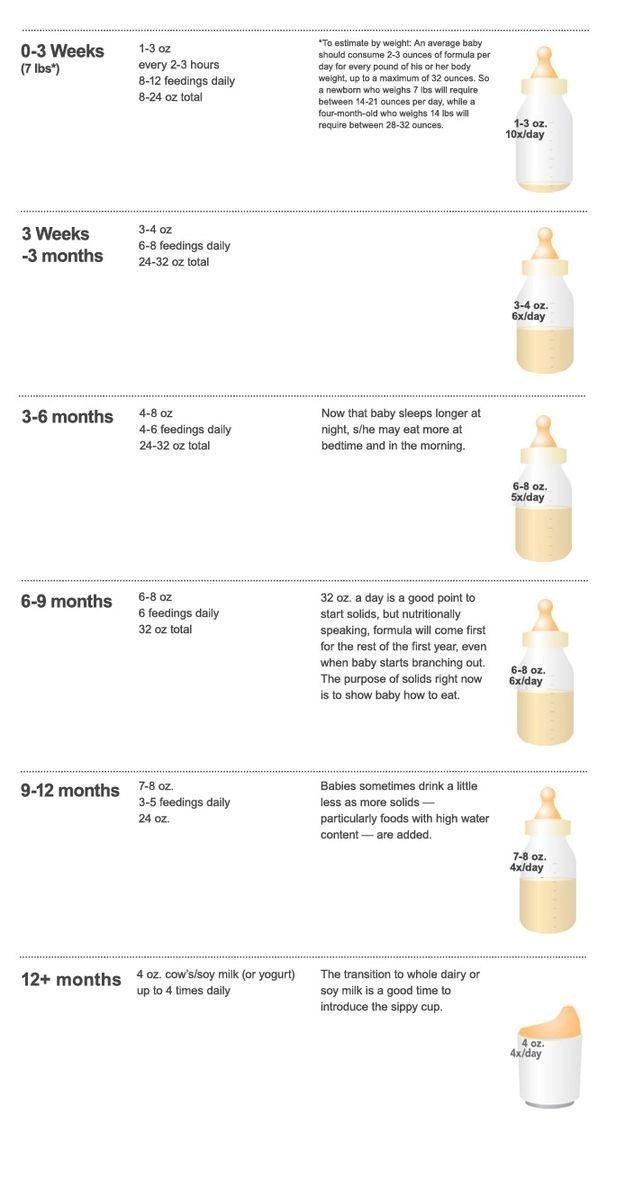 He can eat quite often.
He can eat quite often. - Maximum contact between baby and mother
- Sleeping next to mum in side crib with side down promotes closeness between mum and baby and is safe.
Advice for Worried Moms:
Many new moms often worry about “norms” and get frightened when things don't go the way they should.
- The first recommendation for all new mothers is to ignore the norms, especially those that are inherent in the children of girlfriends. Every baby, like every mother-baby couple, every family is unique and what is normal for her is not necessarily normal for you. You will have your own rules. Sleep standards are a guideline. The main criterion is the well-being of your baby. It is important to help him fall asleep not when "it's time", but when you notice his signs of fatigue. Time limits are just a guideline.
- The same goes for feeding.







